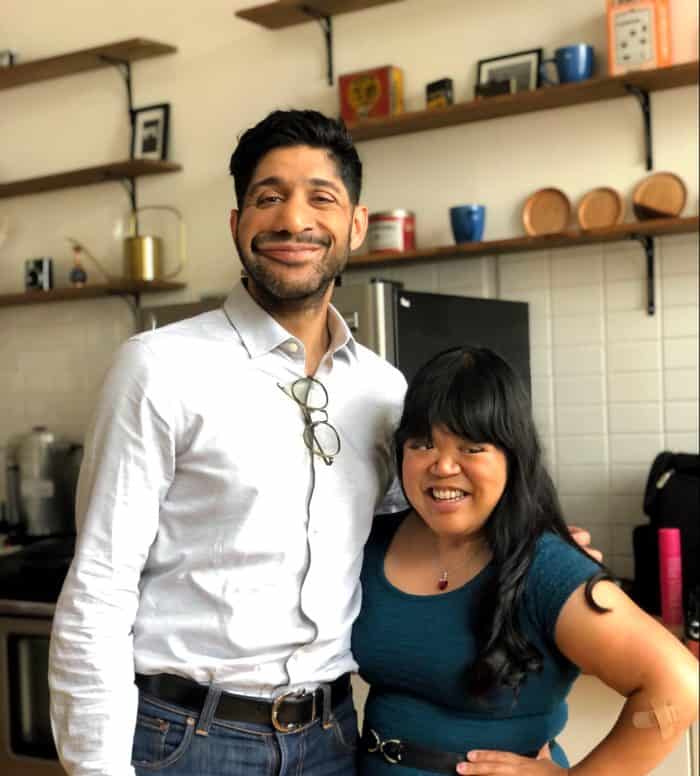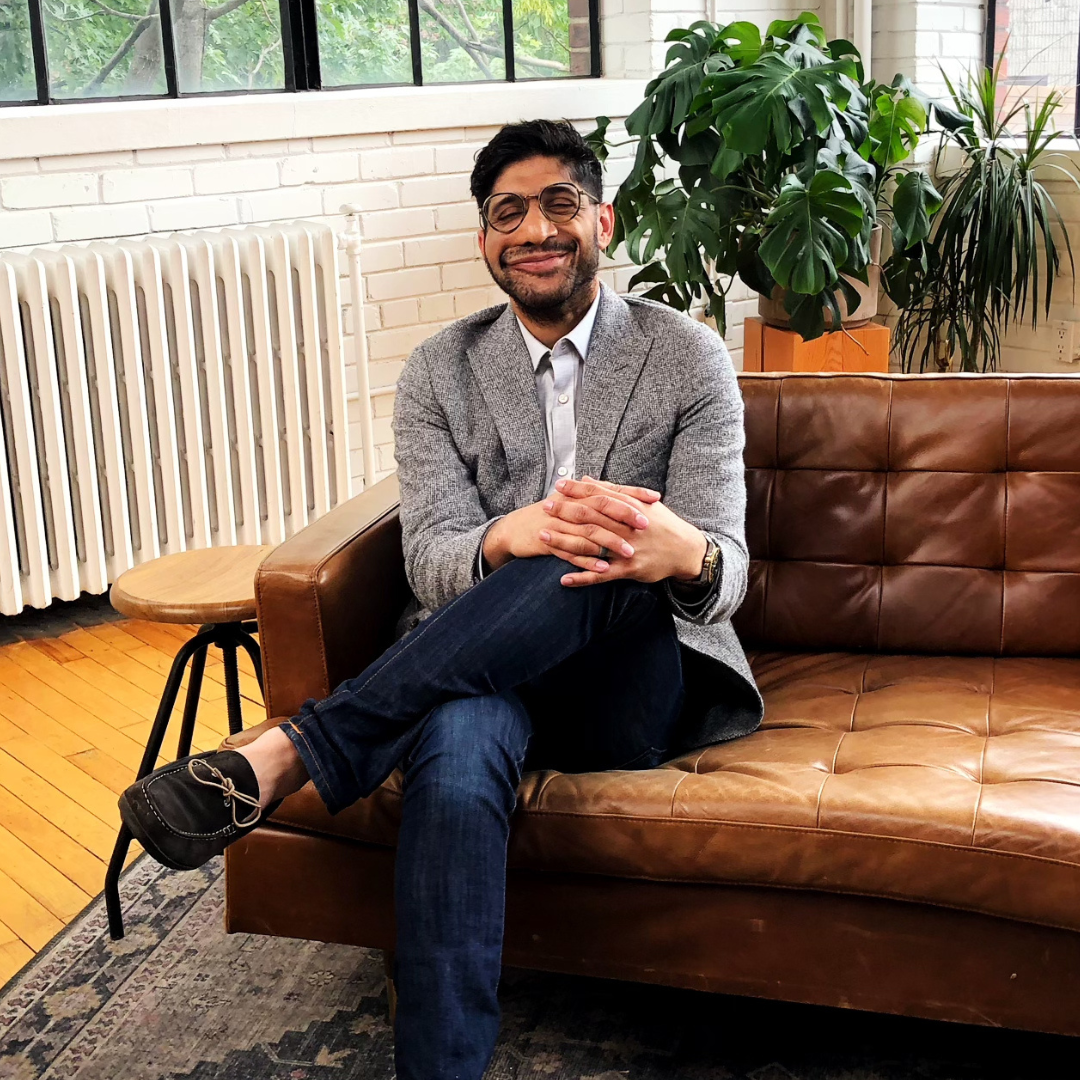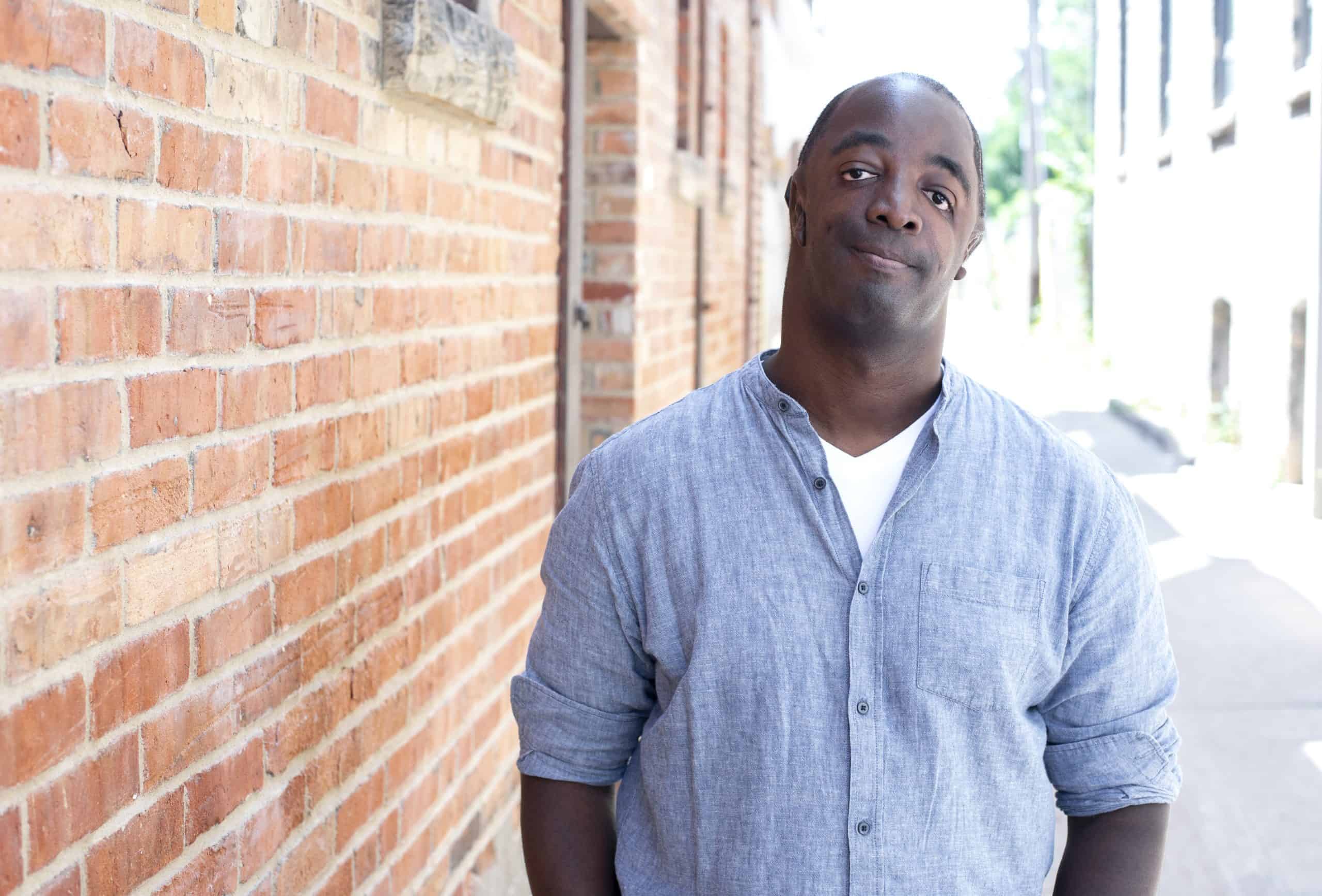The Problem with “Nearly”
People view the world in absolutes. Things are either completely right or wrong. Completely the same or not. For those of us that exist in a gray area, it’s not so simple.
You see – as far as the world of law and policy is concerned – we're ‘nearly’ the same. The vast majority of human rights bills are silent to a problem that affects me and millions of people around the world.
I have a facial difference.
Instantly noticeable, we’re objects to be stared at. We’re not ‘normal’, yet we’re not ‘different’ enough to be recognized or protected. Rather, we’re ‘nearly normal’ - different in a way that is seen but never addressed, that affects our interactions with society deeply yet is hidden rather than confronted. We live in a world where issues of inequity and discrimination are increasingly discussed, but we don’t quite fit the current narratives.
We aren’t necessarily disabled, though many are. We aren’t necessarily from racially visible or LGBTQ2S+ communities, though many are.
Yet, as people with a facial difference, we unquestionably face discrimination.
We are heavily misrepresented in the media, cast as traumatized, damaged individuals unable to escape the scars – literally and figuratively – of our past. We continue to encounter barriers in the workplace, education, relationship-building, and in public understanding.
This needs to change.
Through initiatives like the My Difference Should Make No Difference Campaign, AboutFace is working with major employers to include facial differences as a distinct category in diversity, equity and inclusion policies.
This is a vital first step towards greater protections in human rights legislation, signaling the need for people with facial differences to be recognized, understood and accepted. Often, facial differences are included in the umbrella disability category, but this is not enough. While some people with a facial difference identify as disabled, many don’t. For those who don’t, there are no protections to cover them as an equity-seeking group. This is a critical point for employers to note.
Visit the No Difference campaign and learn how you can be part of it.
Alim Somji
Chair, Board of Directors, AboutFace




